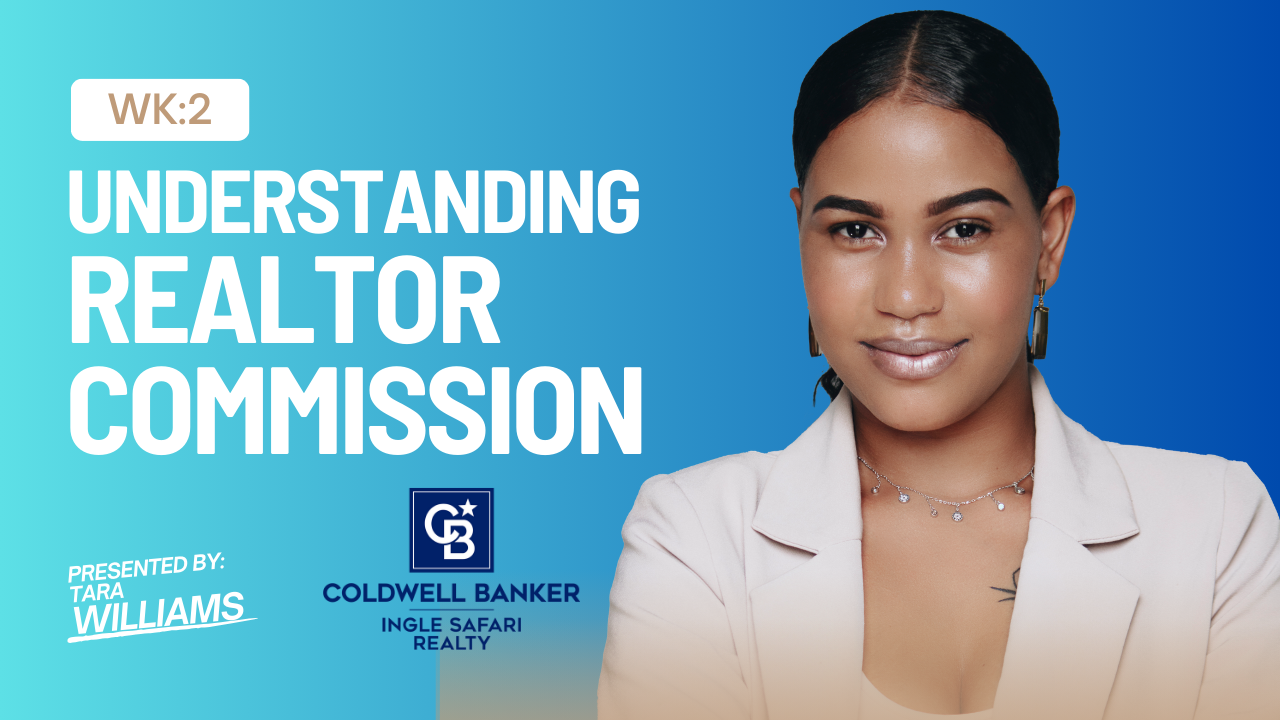
Selling a home is a significant financial transaction, and one of the key considerations for many homeowners is understanding real estate agent commissions. Real estate agents play a crucial role in the sale process, but the commission structure can be somewhat complex. In this blog, we’ll demystify real estate agent commissions and help homeowners grasp this aspect of the home-selling journey.

What Is Real Estate Agent Commission?
A real estate agent’s commission is a fee paid to the agent for their services in facilitating the sale of a property. It’s usually calculated as a percentage of the final sale price and is typically shared between the listing agent (representing the seller) and the buyer’s agent.
How Is the Commission Calculated?
Real estate commissions are typically a percentage of the total sale price of the property. This percentage is agreed upon in the listing agreement between the seller and the listing agent. The total commission is usually split between the listing agent and the buyer’s agent, with each receiving a portion of the agreed percentage.
Typical Commission Rates
The commission rate can vary based on factors like location, the complexity of the sale, and negotiations between the seller and the agent. On average, commission rates range from 5% to 6% of the sale price, but this can vary. It’s essential for homeowners to discuss and negotiate the commission rate with their chosen real estate agent.

Understanding Dual Agency and its Impact on Commission
In some cases, a single real estate agent or agency may represent both the buyer and the seller, known as dual agency. In such situations, the total commission is typically negotiated between the agent and both parties, considering the unique circumstances of the transaction.
Factors Influencing the Commission
Several factors can influence the commission rate, including:
- Local Market Dynamics: The local real estate market’s supply and demand can impact commission rates.
- Property Value: Higher-value properties may command lower commission percentages.
- Negotiation Skills: A homeowner’s negotiation skills can influence the commission rate.
Services Covered by the Commission
Real estate agents provide a range of services covered by the commission, including but not limited to:
- Marketing the property
- Conducting open houses
- Facilitating negotiations
- Coordinating paperwork and legalities
- Guiding the seller through the sales process
Alternatives to Traditional Commission Structures
Some agents offer alternatives to the traditional commission model, such as flat-fee services or tiered commission structures. Homeowners should discuss these options with potential agents to find the best fit for their needs.
Conclusion
Understanding real estate agent commissions is crucial for homeowners embarking on the home-selling journey. By having a clear understanding of how commissions work and being proactive in negotiating rates, homeowners can make informed decisions that align with their financial goals while benefiting from the expertise and services of a reputable real estate professional. It’s essential to communicate openly with potential agents to ensure a fair and mutually beneficial agreement for all parties involved.


 Facebook
Facebook
 X
X
 Pinterest
Pinterest
 Copy Link
Copy Link


